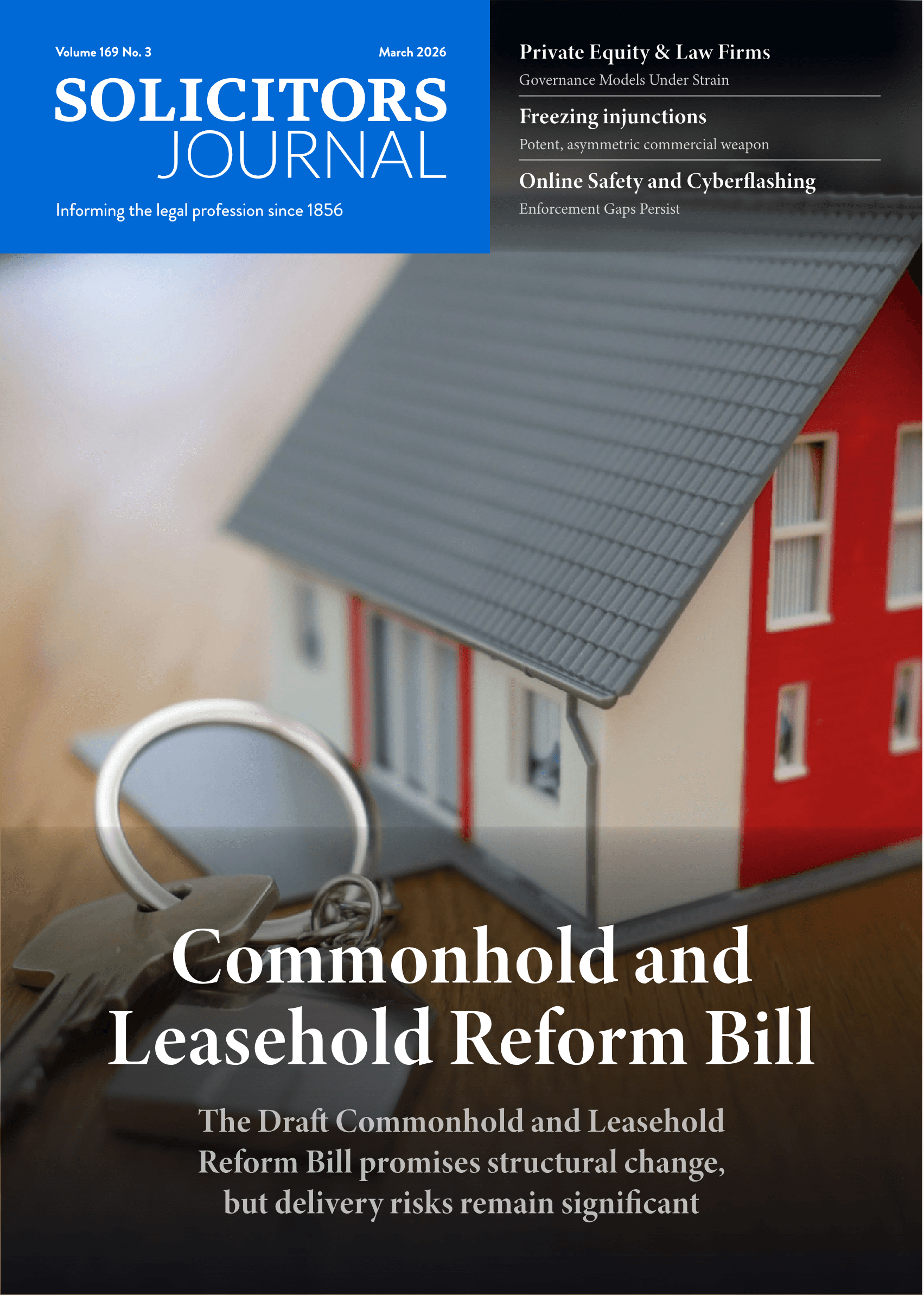Commission's "cost-cutting" VHCC scheme angers barristers and solicitors

lawyers have reacted angrily to an announcement from the LSC that one option for 'very high cost' criminal cases would be to extend the limits for the standard graduated fee scheme from cases lasting 40 days to 60 days.
lawyers have reacted angrily to an announcement from the LSC that one option for 'very high cost' criminal cases would be to extend the limits for the standard graduated fee scheme from cases lasting 40 days to 60 days.
The interim VHCC scheme, introduced in October 2008 after barristers boycotted the original panel, comes to an end in July next year (see Solicitors Journal, 31 March 2009).
In its consultation paper, the LSC said one option was to maintain the existing scheme including the panel and another to abolish the panel and introduce individual case contracts.
A further option would be to extend the current graduated fee scheme for advocates to cases of up to 60 days, and pay the remainder at existing VHCC rates. It is estimated that only around ten out of 100 VHCC cases a year last for more than 60 days.
The LSC said that only the first and third options would be considered for litigators working on VHCCs.
Desmond Browne QC, chairman of the Bar Council, said the proposal 'drives a coach and horses through two years of patient and careful negotiation to develop a sound advocates' pay scheme for the most complex terror and murder trials.
'The profession's anger and dismay at this last-minute change of heart by ministers cannot be exaggerated.
'By looking to impose a short-term, unevaluated, cost-cutting scheme, ministers are guilty of precisely the short-comings flagged up in the National Audit Office report on value for money in [criminal] legal aid.
'Our alternative advocates' scheme is capable of reflecting the varying characteristics of individual cases, while giving the government control and predictability in the cost to the public purse.'
Paul Mendelle QC, chairman of the Criminal Bar Association, added: 'The most serious trials need the most skilled advocates, and that requires a pay scheme that will keep them within the system.'
The Law Society is also concerned. Bob Heslett, president of the society, said the idea of extending the litigator graduated fee scheme to VHCCs had not been discussed with the LSC and MoJ at the VHCC working group.
Heslett said it was a matter of 'great concern' that the proposals were included at the last minute, without any proper discussion.
'We do not consider that expanding the litigators graduated fee scheme is a viable option,' he said.
'The scheme has not been in place long enough to have been properly evaluated. There have been numerous problems with it. It underpays for certain types of serious and sexual assault case, and for cases which are prepared for trial but then result in a guilty plea.
'The scheme needs to be made to work for the cases for which it was designed before it can be extended to additional cases.'
The Law Society believes that the latest VHCC proposals may also be unattractive to solicitor advocates and make them less likely to take on cases.
According to LSC figures, there were about 100 VHCCs last year, costing £112m or ten per cent of the criminal legal aid budget.

